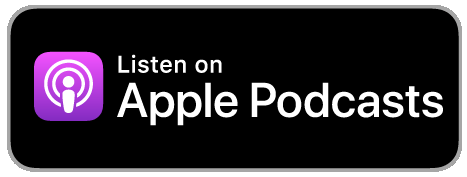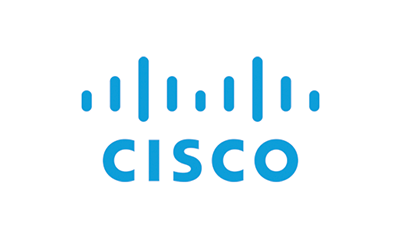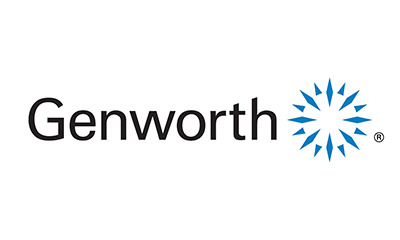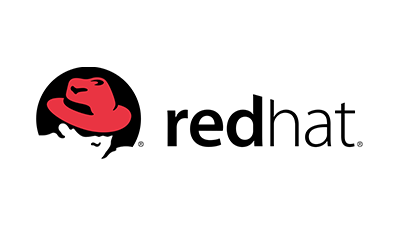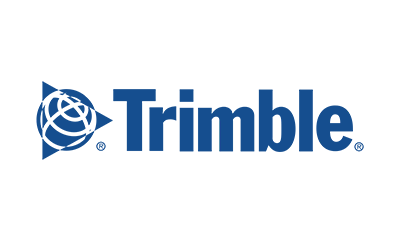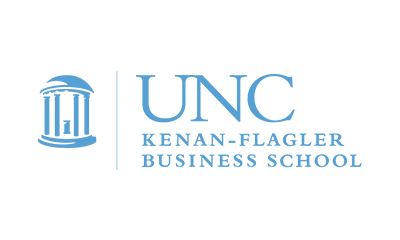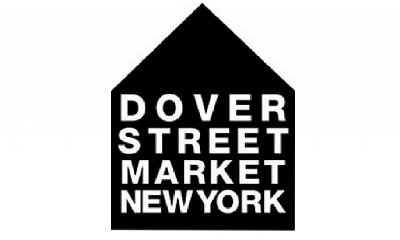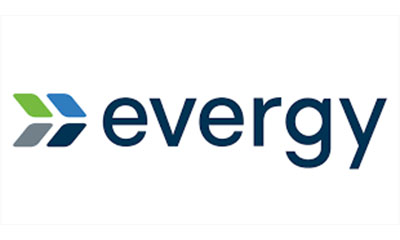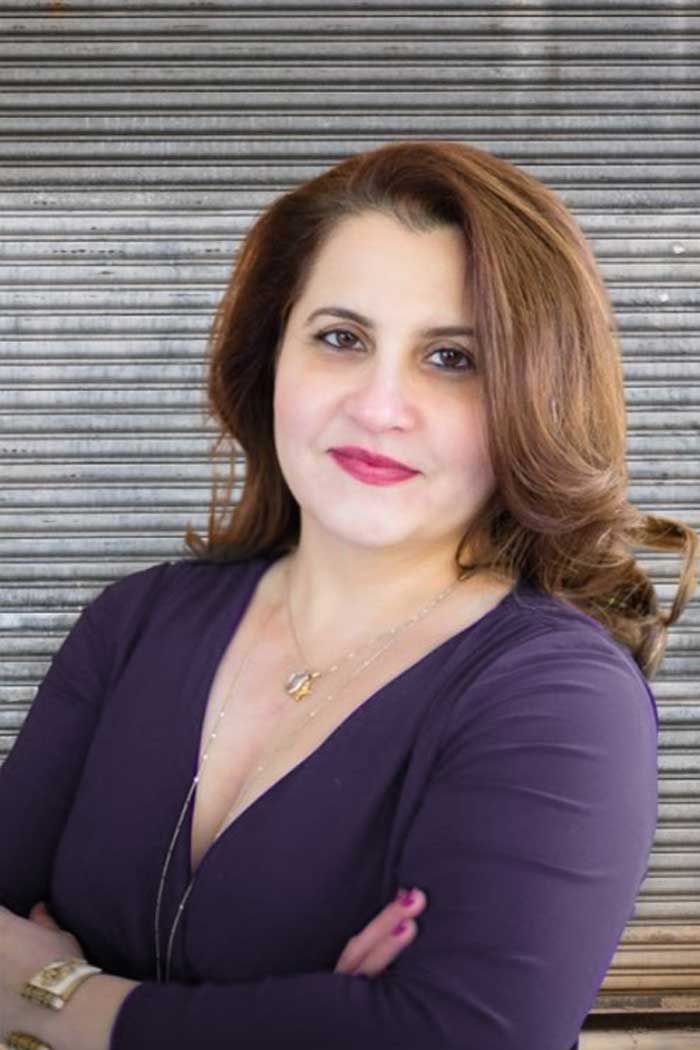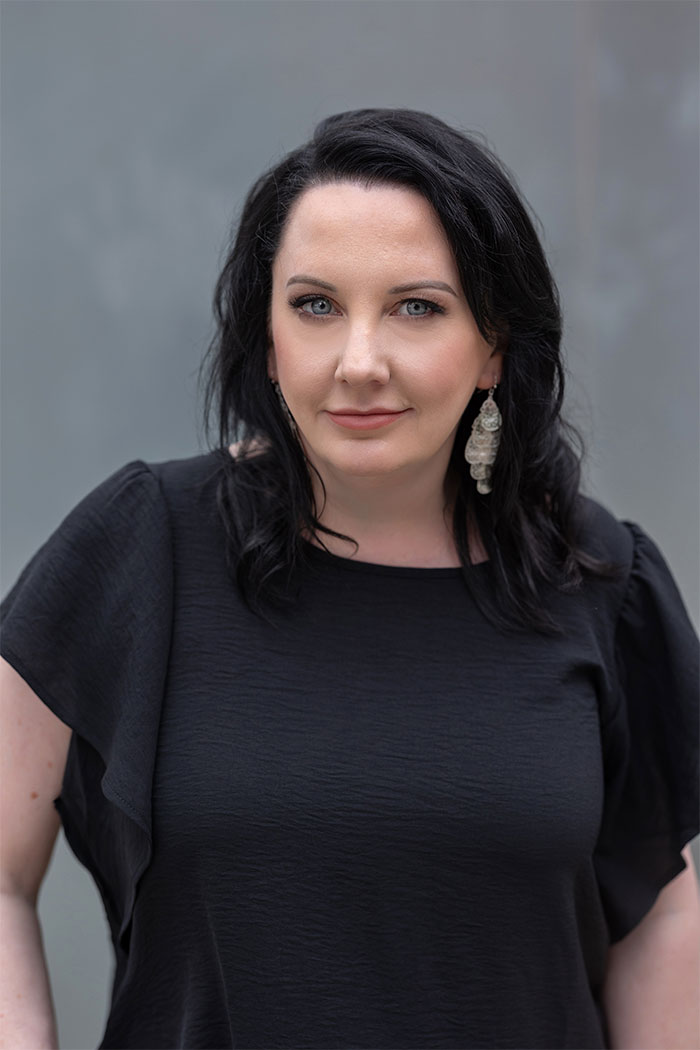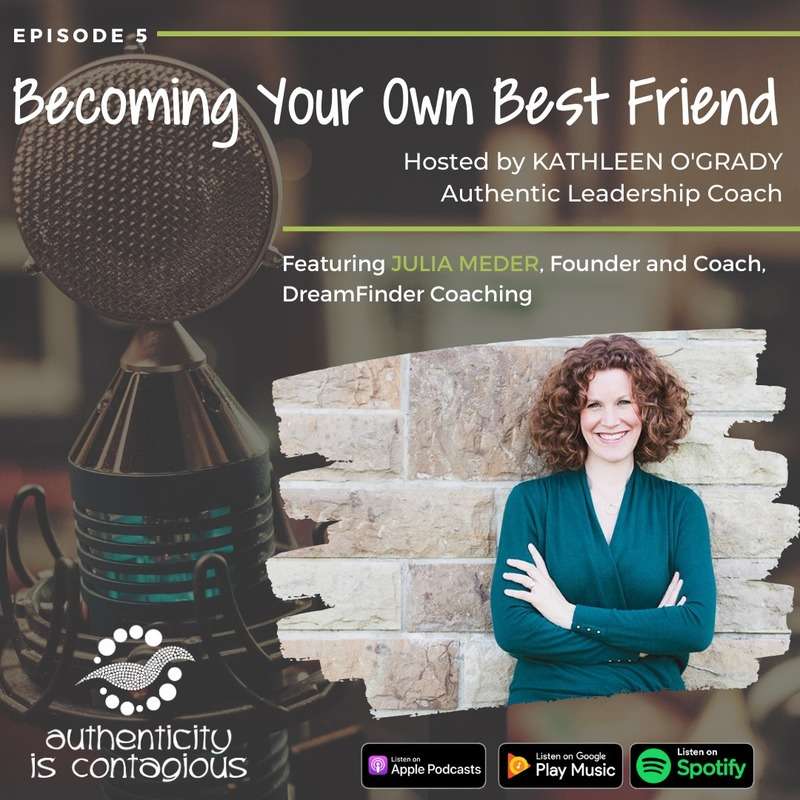
Episode 5
Becoming Your Own Best Friend, with Julia Meder
Julia Meder is an authentic leadership coach based in Germany and graduate of Authentic Leadership Advisors Academy. In this time of COVID-19, Julia noticed that being isolated is similar to the experience of being an expatriate – and it’s not easy. On the episode, Julia talks about her struggles, rising from the ashes like a phoenix, and becoming her own best friend.
SHOW NOTES
Founder of Authentic Leadership Advisors and Authentic Leadership Advisors Academy, Kathleen O’Grady is a visionary leadership coach and fearless leader. She supports driven individuals and organizations to achieve the impossible. Her ability to act as a catalyst for people to discover, rediscover, and embrace their unique genius is what makes Kathleen one of the most sought-after global executive coaches. She is a two-times past president of the International Coaching Federation Raleigh Chapter, and her work is featured in web articles by the NYTimes.com, Huffingtonpost.com, Forbes.com, and eFinancialCareers.com.
Her real-world stories, practical tools, and actionable insights help clients step out of their comfort zone to create authentic meaning and purpose in their life and work. By embracing change, Kathleen believes everyone can achieve something extraordinary.
Authenticity is Contagious is produced by Earfluence. Intro and outro music provided by Autumn Rose Brand.
Transcript
Voiceover: You’re listening to the Authenticity is Contagious Podcast with Kathleen O’Grady, where she and her guests discuss what it means to choose your authentic self –to remove negative energy, to live a calmer life, and to become more – a more heart-centered person, a stronger leader, a better partner, and friend. Come join us on this journey of creating the life you’ve been missing out on, one intention at a time. Here’s your host, authentic leadership coach and founder of Authentic Leadership Advisors and Authentic Leadership Advisors Academy, Kathleen O’Grady.
Kathleen O’Grady: Welcome to the Authenticity is Contagious Podcast. I’m your host Kathleen O’Grady, and my guest today is Julia Meder, all the way from Germany. Welcome Julia.
Julia Meder: Thanks for having me.
Kathleen O’Grady: I remember being a guest on your, Expat Partners Podcast. How many years ago was it now?
Julia Meder: I think almost two years.
Kathleen O’Grady: So, here we are.
Julia Meder: Again.
Kathleen O’Grady: You and I connected last week and I wanted to invite you to be a guest, not just because I adore you and you have so much amazing wisdom and cultural knowledge to share , but because you yourself have been through let’s call it, a new hero’s journey recently.
Julia Meder: Well, that’s a good way to put it. Yeah.
Kathleen O’Grady: With the Coronavirus and all of the things, that are happening. Just so you guys know a little bit about Julia, she is the owner of Dream Finder Coaching.
She is also the founder of City of Oaks Publishing. She has her Expat Partner Podcast. She is a graduate of Authentic Leadership Advisors Academy. She is an Expat herself. She lived in Raleigh from, what year?
Julia Meder: 2012 to 2015.
Kathleen O’Grady: Okay. And so I’m just going to pass it over to you, Julia, and I’d like for you to just maybe start by sharing a little bit about your journey since coming back to Germany and building your business and finding your brand and finding yourself. What are some of the versions of your business and personal identity story that you’ve experienced and how has that all led up to now where you are?
Julia Meder: What’s happened when we came back, so we came back end of October 2015 and I was just in the process of ALA Academy, I had the last weekend, right in front of me. And, I couldn’t come back. Actually, I wanted to come back in November to do it, but I couldn’t because of some airline strike.
And that was quite hard for me. So coming back in fall when it’s so dark here and in Germany, and yes, you have the Christmas markets and stuff like that, but it was just very hard. And then, four weeks after we came back, I started my old job, which is a very, very short time when you have kids and you repatriate, you have to find like spots for them and daycare and so on.
And I did this, but it was all very, very fast. And repatriation is a lot harder than most people who have never experienced it think. You think you’ve just come back to your own country where you’re from and just start again, but it’s not like that. It takes you up to a year to really just come back and be present and comfortable in the culture that you grew up in.
And so I was completely overwhelmed the first year after I came back because I had such a great time in the end, especially in Raleigh. I started my, my coaching training felt so at home, you know, I came in, into a your class and it was just like I was at home. And then I founded City of Oaks Publishing and we published those journals.
And it was just such a great time, and I came back and it was like, like I hit a wall and I started my old corporate job and I had it only done for half a year and then I quit because I just couldn’t do it anymore. I was so out of place there. I was in those meetings and I just felt like this is not where I belong and where I should be.
Okay. And then, in Germany it takes a long time. When you hand in your notice, it’s at least three months until you can leave. You can’t just leave the same day or two weeks later. That’s not possible. So I was very lucky actually, that it was just three months. Some people have like half a year or sometimes even nine months.
So I left and in summer, half a year after we came back and started my own business and having a coaching business in Germany is different, I think, than it is in the U.S. I know it’s hard there too, to grow your client base and to get the word out, but it’s, here coaching is seen differently.
People don’t know that much about coaching, but all the women in their forties are becoming coaches, which is very interesting. So sometimes when you tell people you’re a coach, they will roll their eyes and be like, no, just another one and people that don’t like to spend money on coaching.
So, that was hard for me, but I just kept at it because I knew it was right. And then were the normal ups and downs. And there’s some identity crisis in between where you feel like, is this the right thing for me? But I’m still doing it. It’s now in summer. It’s four years, since I left my corporate job and started my own business.
And. I don’t want to go back ever.
Kathleen O’Grady: Well, that was a really great description of, of what you have done since you’ve been back. So who have you been through all of those twists and turns?
Julia Meder: Your questions. Who have I been? I’ve become a better version of myself. It’s been a journey to my core, and sometimes I feel, I, I’m even not there yet. That I’m still still wandering round and looking for who I truly am but it’s, it’s fun and it’s interesting. I really like it, that I’m still able to discover myself.
So, I’ve been some versions of myself in the past years. Yeah. But I’m becoming more me every day.
Kathleen O’Grady: Like you said, it’s been a long time since you were at ALA and so perhaps even even the way that I define authentic leadership may have evolved since then, but if you consider that authentic leadership isn’t discovering yourself, but it’s choosing who you are. If you were to take a moment and just choose the way you want to define yourself right here right now, what would it be?
Julia Meder: I think I have a picture in my mind, but it’s hard to find words for it. And it’s not because English is not my native language. I think I couldn’t even do it in German. I feel like all the words that I can choose, like all the nouns, like I’m a business owner. I am a better mother. I am a strong woman. All those words that they don’t catch it. It’s like, it’s very, they don’t say enough. It’s more the feeling that’s behind it and last week we talked about, I chose as a picture for my new me and the phoenix. So I have thought and felt about it in the past days a lot. So I’ve always gone back to the picture. And this is how I would define myself like a Phoenix. Because this rising up again and again, because there are so many things that you don’t see coming.
So many obstacles like for example, the repatriation after we came back, which I didn’t think was a problem, but it was. Now this Coronavirus time that you’re, I have to stay at home and be more of a stay at home mom that I ever wanted to be and it’s always hard, but then I rise again and I know that every time I rise again, I am more radiant than I was before and I’m stronger than it was before.
And I need this falling down to rise again. And this is how I define myself, that I can always rise again and be stronger after that.
Kathleen O’Grady: That’s beautiful, Julia. So what would you say to the people listening out there that are going through their own version of their Phoenix experience?
Julia Meder: When you experienced those tough times, those negative feelings and when you stumble, you fall, you hit the ground. That’s always part of the process and it’s good that this happens because then you can rise again and you can grow and you can be stronger if you really reflect that and just, yeah, you are aware and you’re always trying to be yourself. Then you can grow after those experiences and they are good and they’re important.
Kathleen O’Grady: Something just came to me in conjunction with your, your journeys over the years. This whole being stuck at home and with ourselves to the point where we can’t escape ourselves. It’s almost like an Expat journey to the soul.
Julia Meder: I actually talked about this with my husband today that I feel like this being at home and just being with yourself and you have to get to know yourself better. And this is, during this expat time, this always happens. It happens to everybody because you, you’re alone so much and you are sometimes even lonely and you, you hurt a lot and you have to become your best friend because you’re the only person you always have with you. And this is what happens now as well. This is why it’s so important that you just become your best friend. And during the expat time, I didn’t have this, because I was working all the time and I was in this corporate job.
And then just at the end, I quit my job and I started my own business and did the coach training and everything was fine, but I was already there and connected to everybody. So I’d had this time of loneliness that so many expats have. I didn’t have that then, but I have it now, and this is what I talked to my husband about today is like, now I feel this even more, and I can feel the heaviness. But it’s also healing that I can feel this now.
Kathleen O’Grady: It’s just a constant, understanding of, of how we want to define our identity and having the courage to communicate and educate those around us that that’s who we want to be seen as and respected as, and now more than ever, boundary setting is so important.
Julia Meder: Yes.
Kathleen O’Grady: Because it’s easy to lose ourselves to, to whatever’s going on in our household.
Julia Meder: Yeah. And there’s so much drama on some days and you always have to keep in mind that not everybody around you is as authentic as you may be. And they communicated in a very different way sometimes. It’s hard to not to slip into a victim role when you are at home with so many people.
Kathleen O’Grady: How has COVID impacted your clients that you’re coaching right now?
Julia Meder: Actually a lot, because my clients are mostly, expats and expat partners who live abroad right now. Some of them already back in Germany, but most of them live abroad and they are struggling a lot because they’re not in a country where they feel sometimes comfortable living or where they don’t have, a lot of infrastructure.
So they are on their own and they’re often living in very small apartments, not when they’re in the U.S. but if you live in another country and you’re not allowed to go out and you don’t understand them, you don’t understand what’s being said in the news and so on, or the official statements, sometimes it’s so hard to, to understand them because the language is so different.
So they’re very scared. Because they don’t know what to do and when they can travel home the next time and so on. And, most of them are women and they are struggling with also having everybody at home. Especially, they often have partners who are executives. And they are very, very restless when they’re at home.
So, I know that there are a lot of relationships are, they are strugglin with that as well? So listening with love is also a good thing for them to do.
Kathleen O’Grady: Well isn’t that fascinating? As we always say at ALA Academy, when you’re a coach, you tend to attract the clients that need to be coached on similar things to what you’re dealing with yourself.
Julia Meder: Yes, that’s true. They choose me as a coach because I’ve been through what they are going through now, so I can always commiserate with them.
So I learned to set boundaries very early on, in my coaching practice but we can connect on a deeper level. And right now most of them are not seeking out coaching because they don’t have enough space at home to get into coaching because, the whole family is there.
Most of them are just very quiet right now.
Kathleen O’Grady: If you’re comfortable without, you know, disclosing too much of your, your family’s privacy. Can you think of a funny story of something that’s happened since lockdown that you’ve had to really call on your mindfulness attitudes?
Julia Meder: I think, okay. So, Let me think if I want to share this.
On the one hand, there’s this drama of homeschooling that I have every day with my son, has a very, very hard time and I have to call on my mindfulness all the time. So that’s tough, but so my sister came visiting us this weekend because it was my son’s birthday. And she lives in Bavaria, which is a region which is quite, at a high risk because they have a lot of infections there. And we live in a region where not that many. And she came and my parents invited her. We live with my parents and my parents invited her.
She came and I didn’t even think about it that this could be a problem, and my husband had quite a problem with it. It was very, very interesting how we handled this. And we had this little dance of like him not wanting to hurt me and, but still tell me. And he was upset and I was then upset and there was this, this weird dance.
And in the end we just said, everybody will say what he or she wants to say and has to say in this moment, and the other person will listen with love, and that’s what we did. And then it was okay. He just wanted to know that I had thought about it, which I hadn’t, but it was just, you know, it’s my sister and I didn’t think of her as somebody who could be infectious, you know, like it was just not on my mind at all, and I didn’t have the bandwidth anymore to just think about it and feel through it and because it was so much going on. But, I also needed to say that I needed her here and it was okay that my parents invited her, so we just, we really decided that we would both listen with love and then it was okay.
It was just, it was a slip. I just didn’t think about it. I was just happy to see her, and I hugged her when she came in and was like, Oh my gosh. You know, hugging your sister is so normal, but right now it’s actually not okay.
Kathleen O’Grady: Yeah and I’m sure by sharing that, that you have normalized that for a lot of people because not only do we have to treat our loved ones as potential threats, lots and lots of families are having to make difficult choices about who they spend time with, who they allow their children to spend time with, even within the family.
People who, who can’t afford to have their in-laws or their own parents come and care for the kids because there could be risk in both directions. There’s just so much to this that it’s I believe, causing us to be forcing us I should say, to be fully present to what’s happening and to just be careful of ourselves and each other.
Julia Meder: Yeah. It’s, it’s a very weird feeling when you, you know, my, my husband, he’s in his company, he’s the head of the crisis management for this Coronavirus stuff, how they, the company deals with it. So he’s very aware and he has a medical background and everything, and we have done everything right.
Everything. And then I just come along and my sister, I’m just, I just hug her and we invite her in, and he didn’t want it to be that, that guy, I don’t want to use a bad word here, who’s just forbidding his sister in law to come visit the house. But it actually, he wanted to, he wanted to do that.
And it was, it was very interesting how we, how we managed to deal with that because since I’ve become a coach, actually, we have a such a better way of communicating with each other and which is very nice that we are able to do that.
Kathleen O’Grady: Yeah. So listening with love everybody, it’s not easy. But it works.
Julia Meder: Yeah, just to open your heart and trust that the other person means well.
Kathleen O’Grady: Even if you need to walk away for a few minutes to get yourself there.
Julia Meder: Yes. Whatever it takes.
Kathleen O’Grady: Whatever it takes.
Well, Julia this has just been so special and I appreciate you giving your time and, and your heart and soul and stories to the group.
